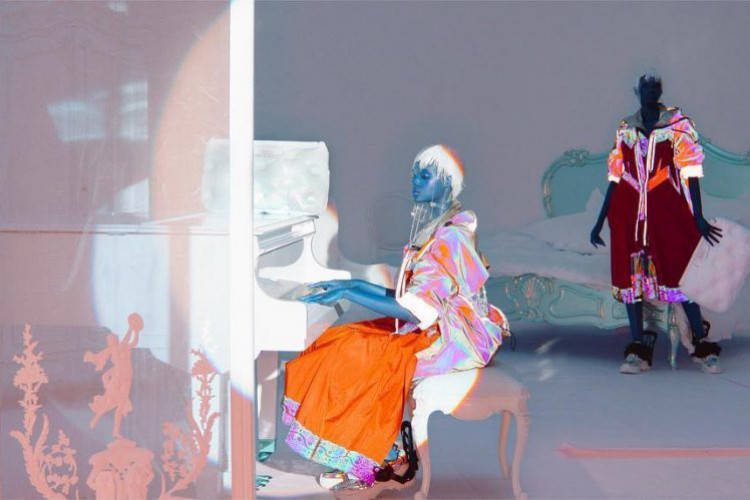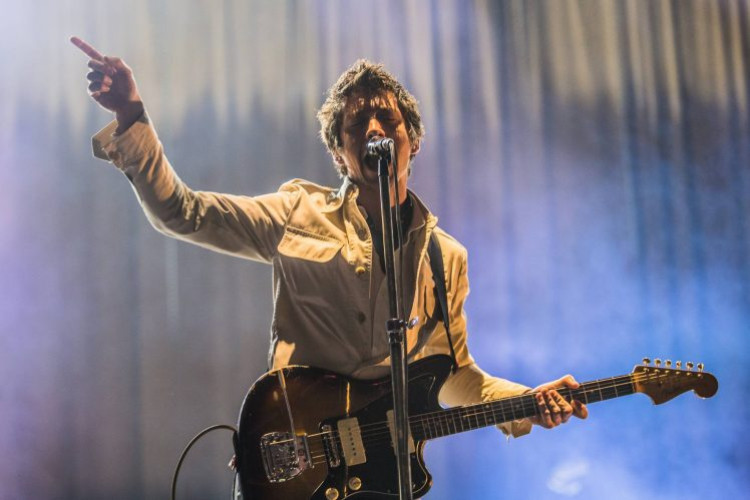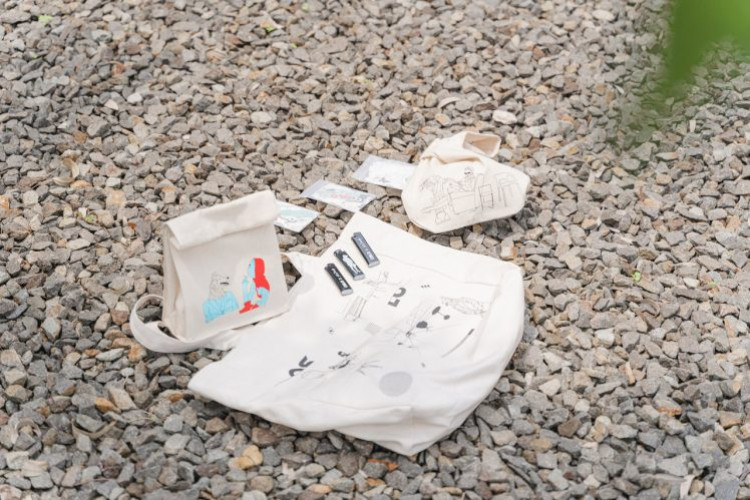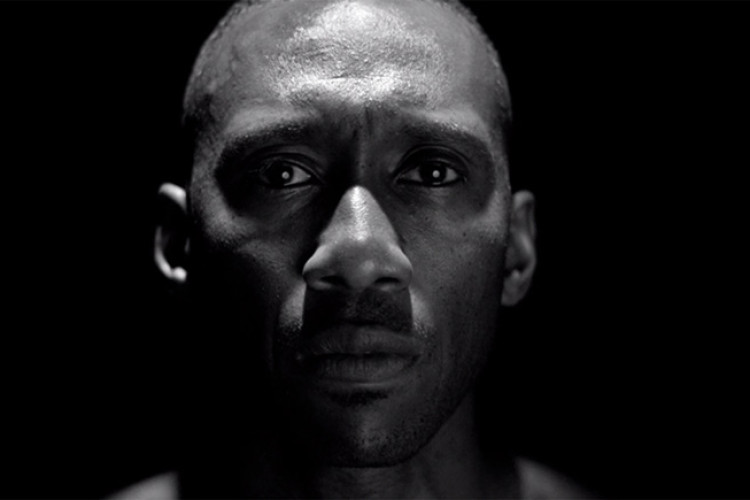The Moving Image with Anggun Priambodo
Mariati Galatio (M) interviews director/visual artist Anggun Priambodo (A)
by Ken Jenie
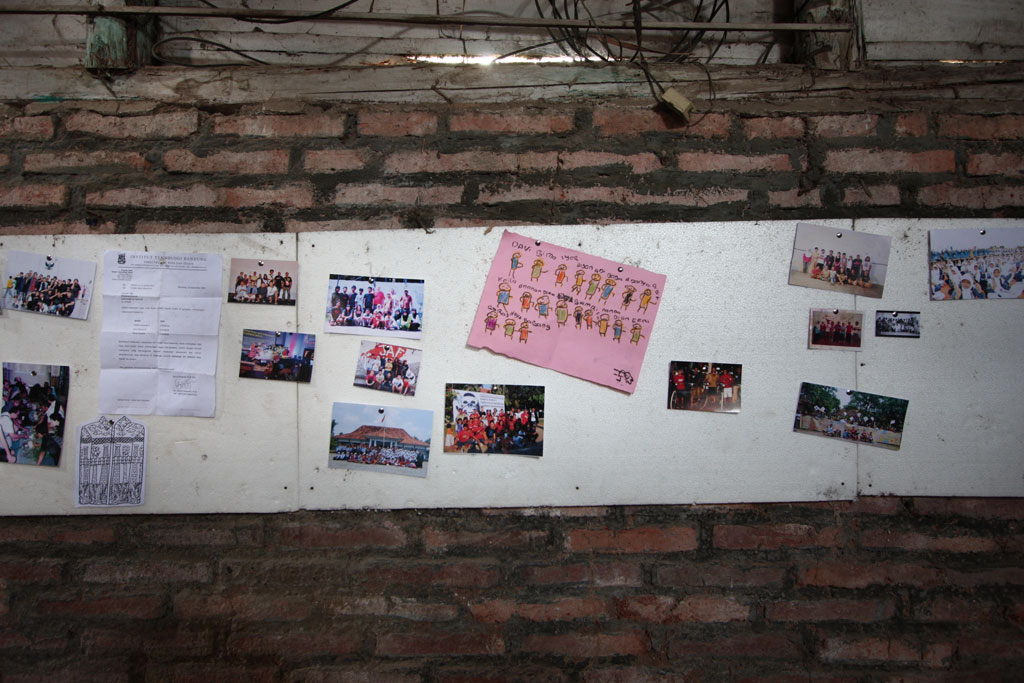
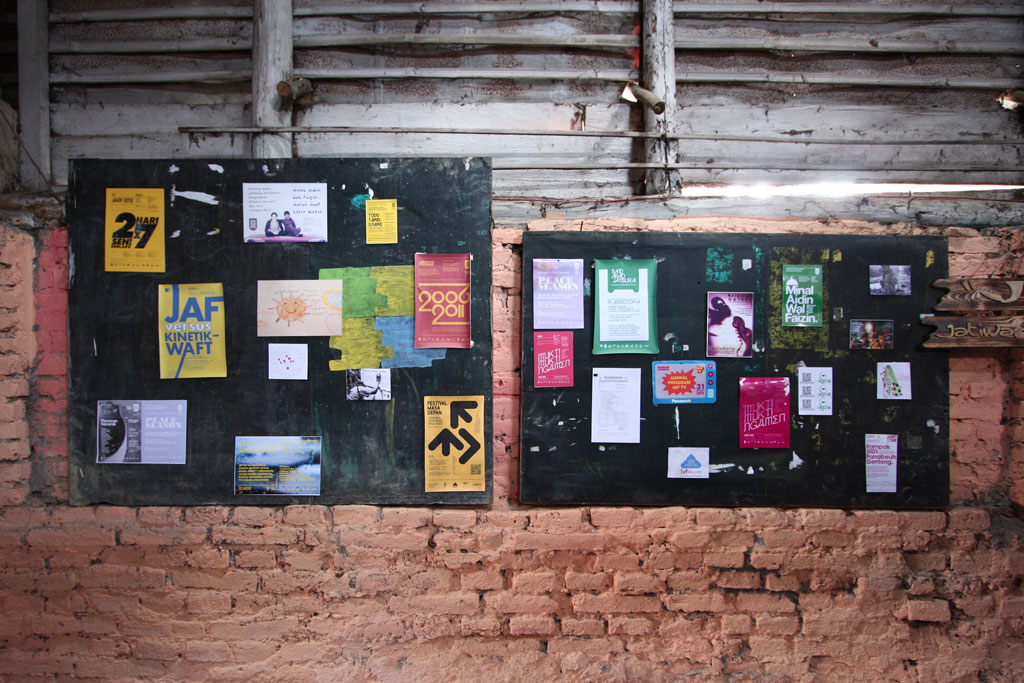
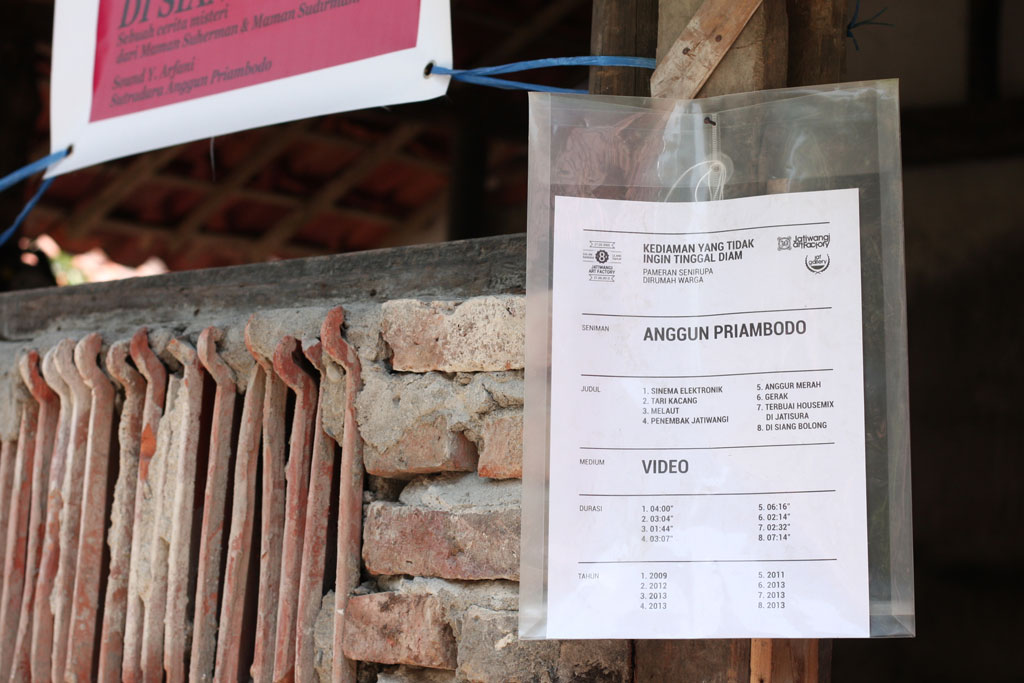
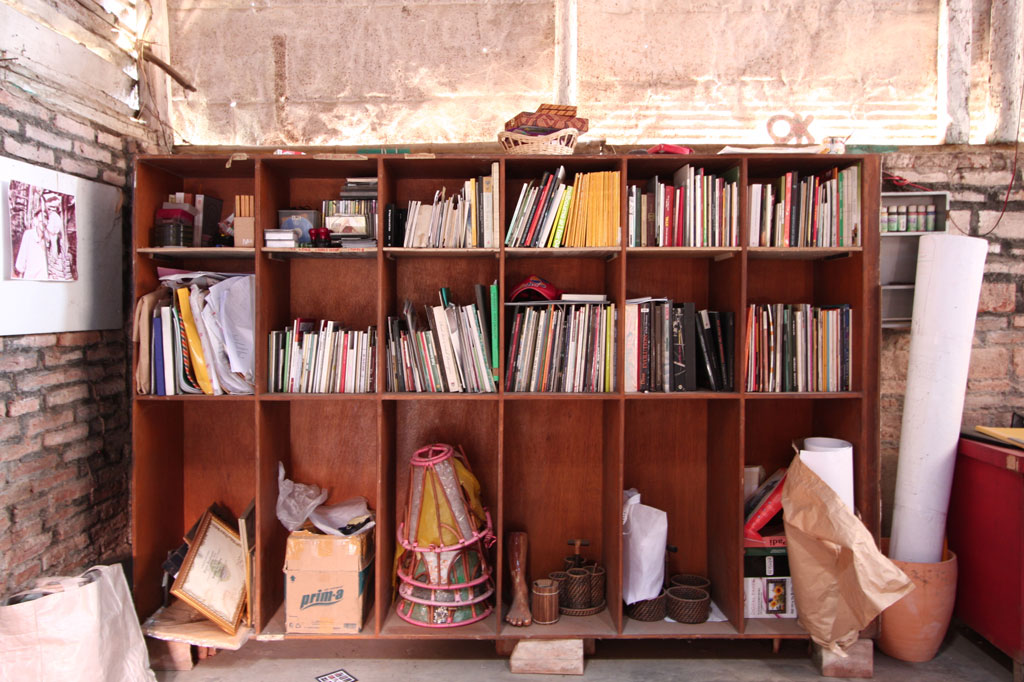
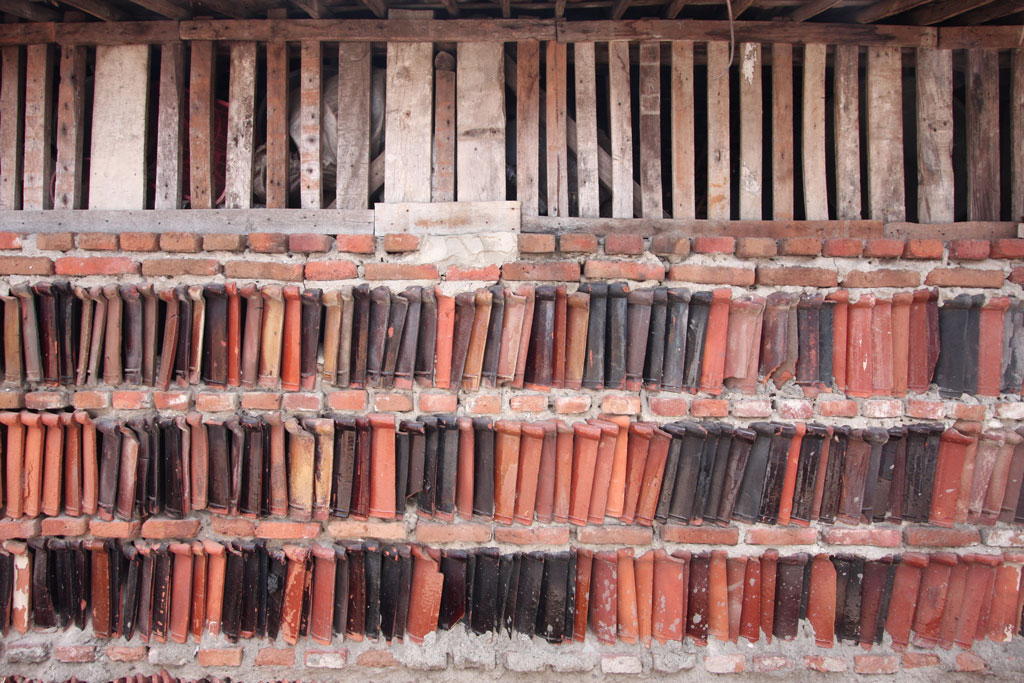
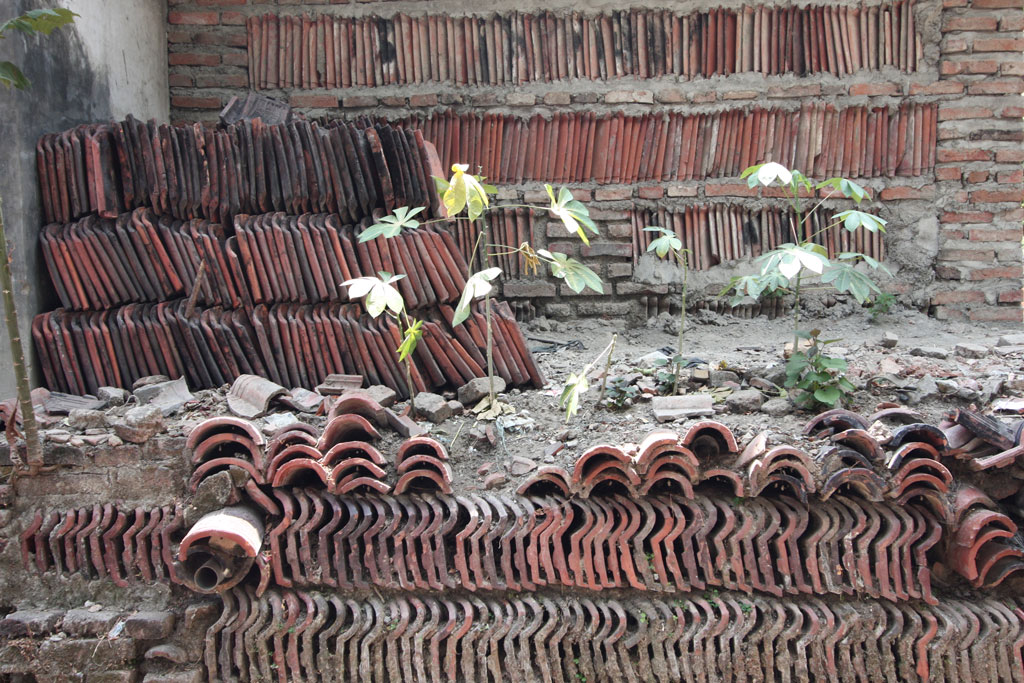
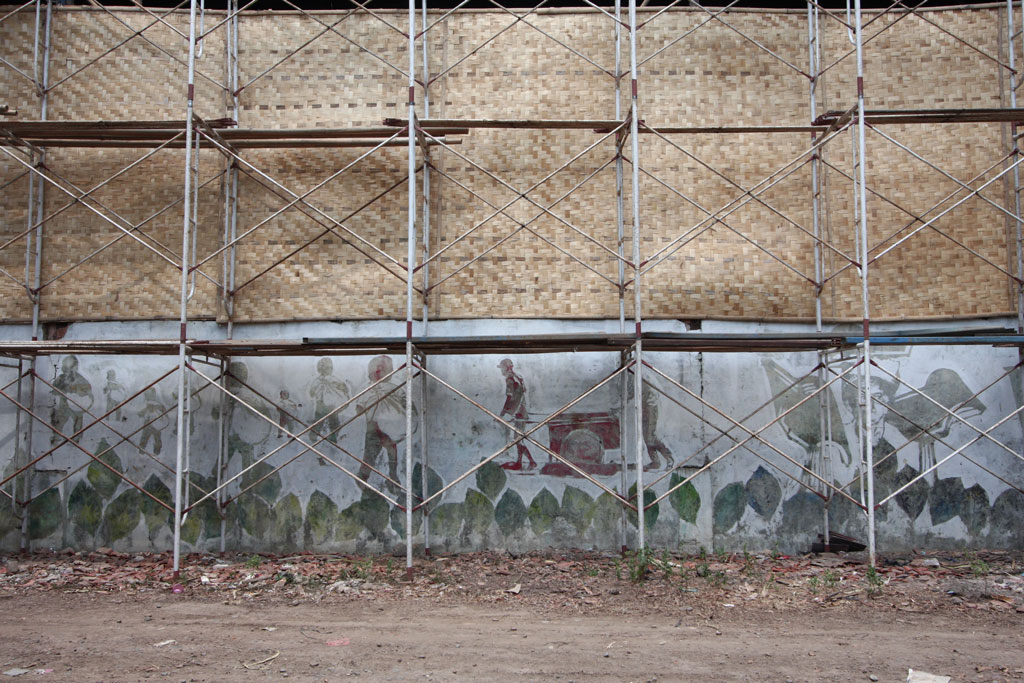
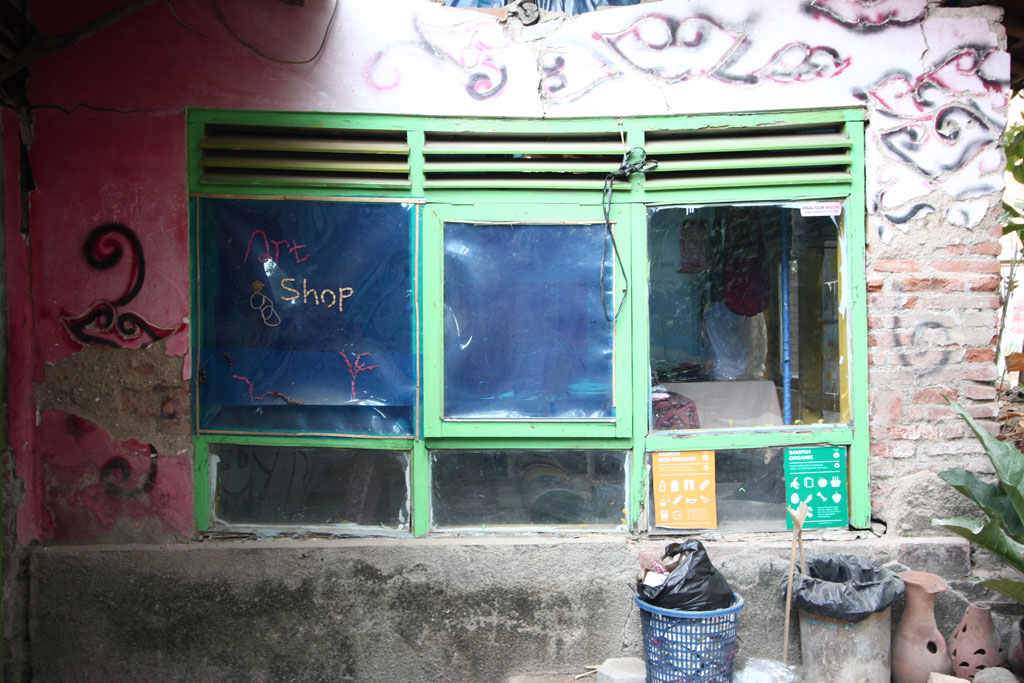
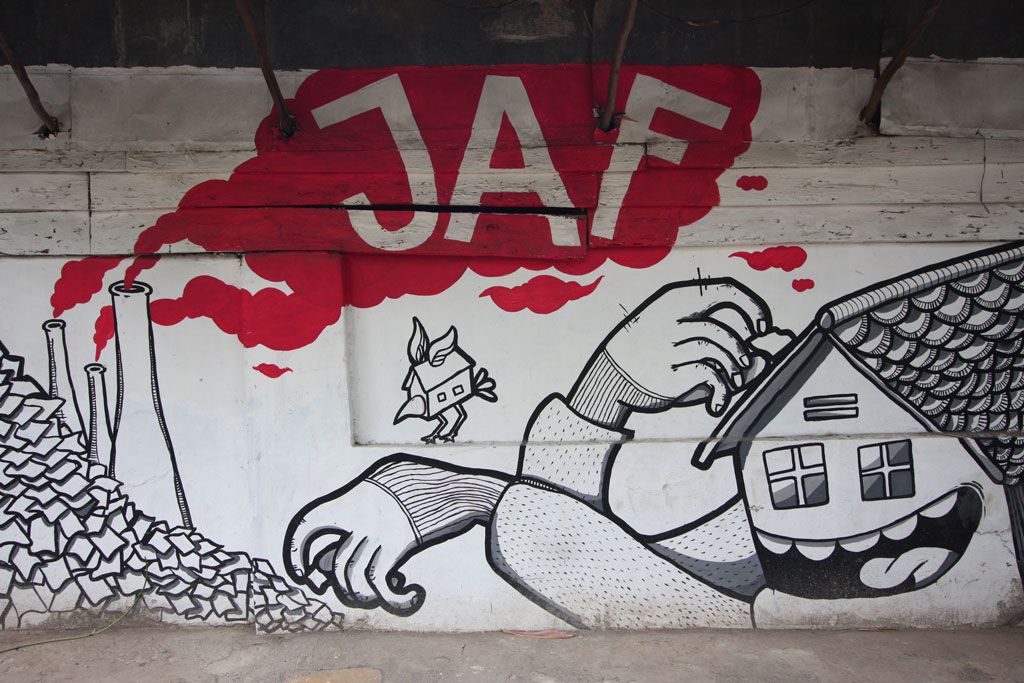
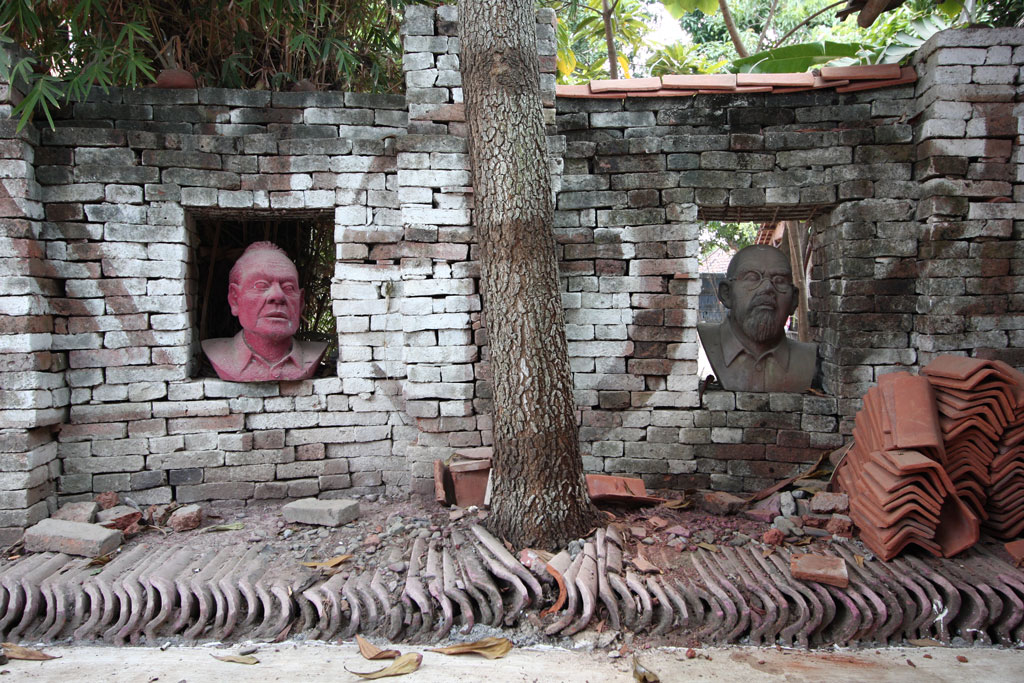
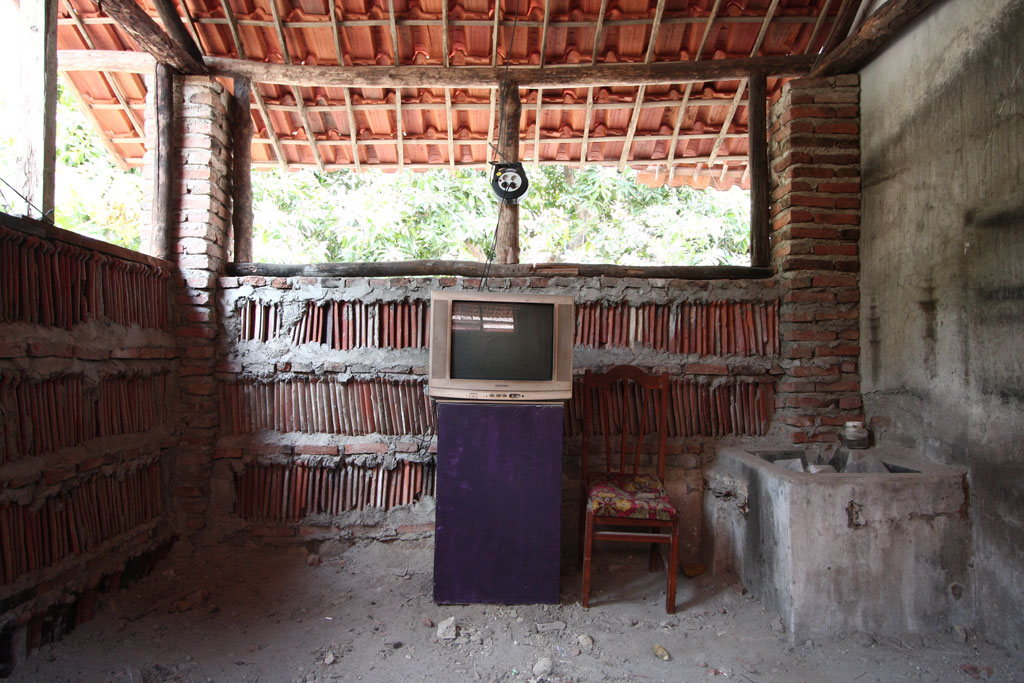
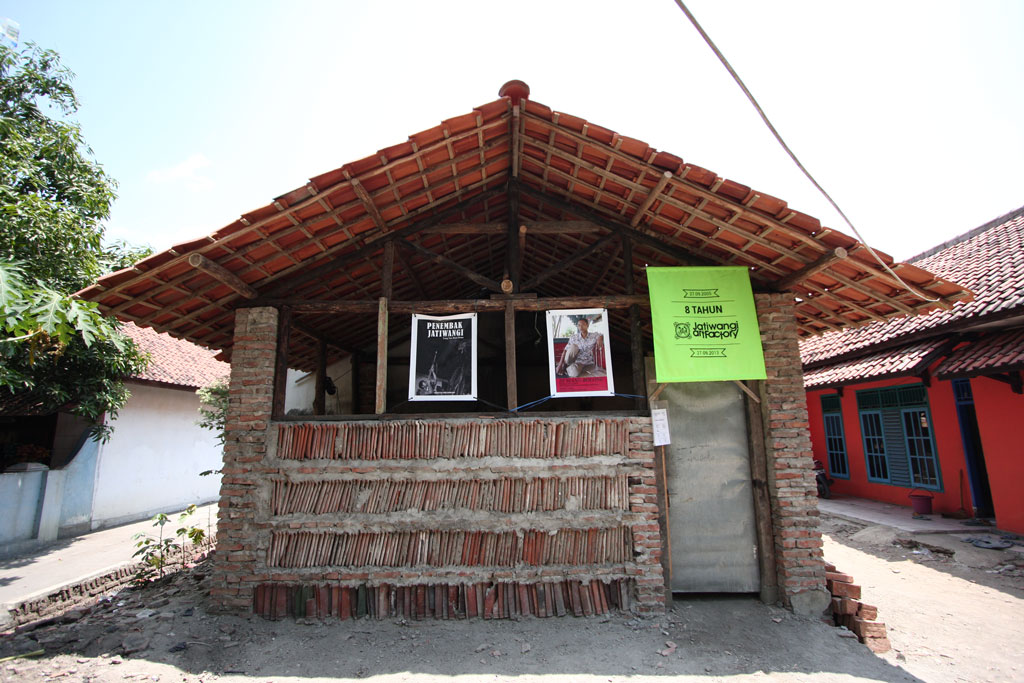
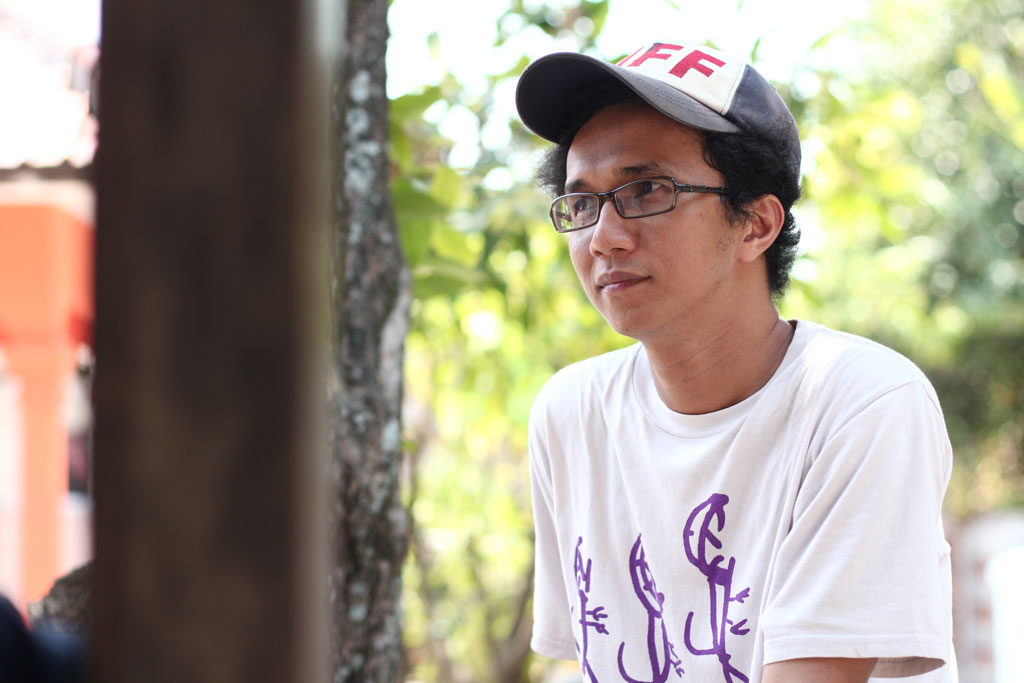
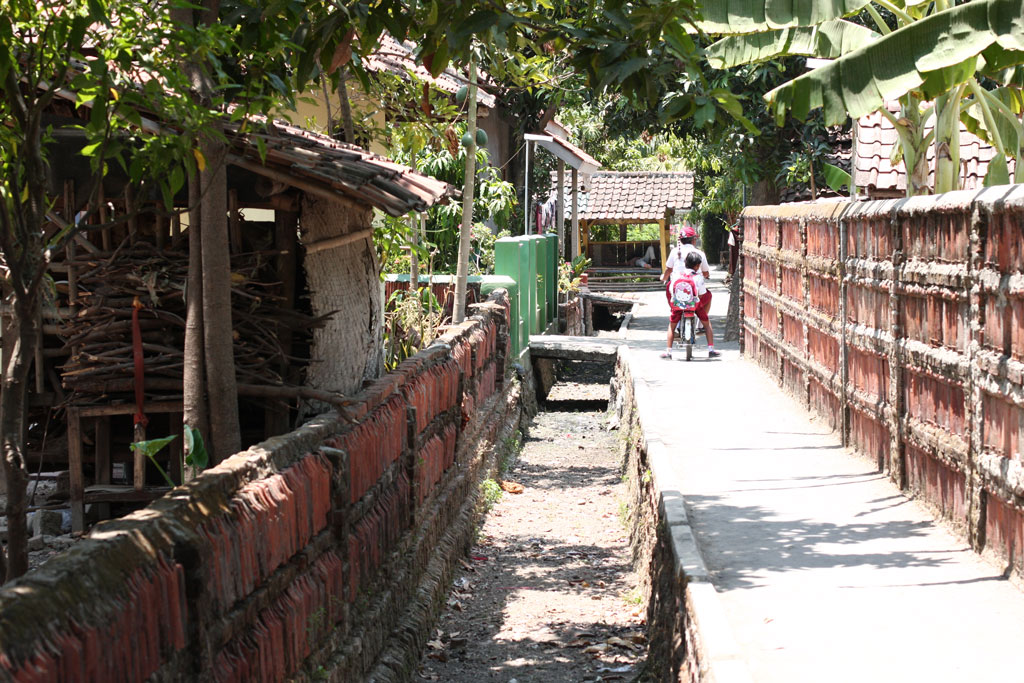
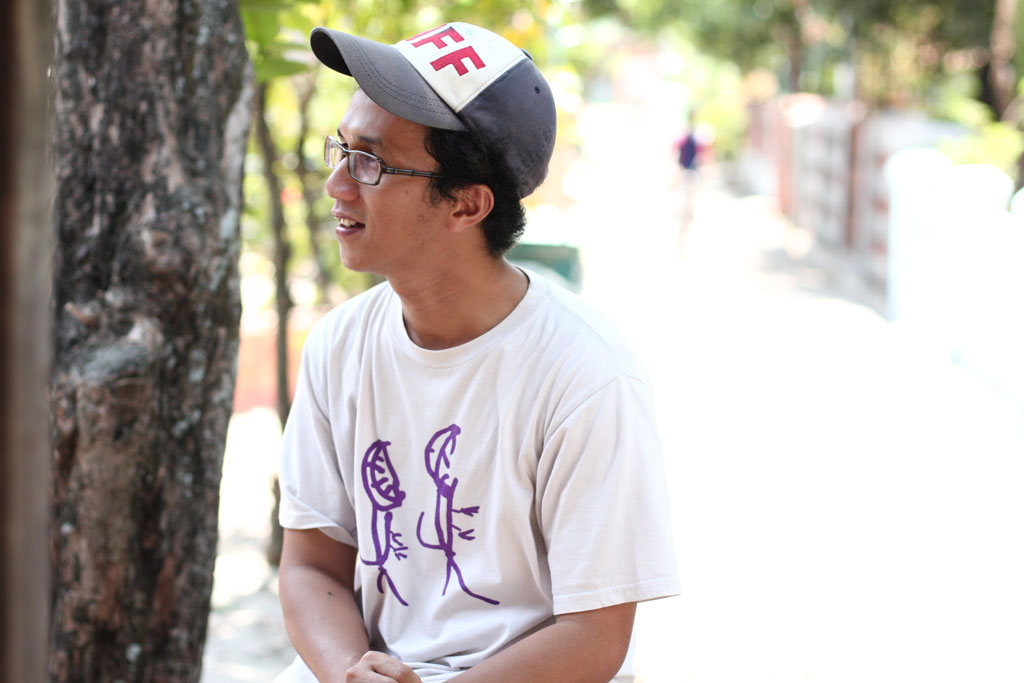
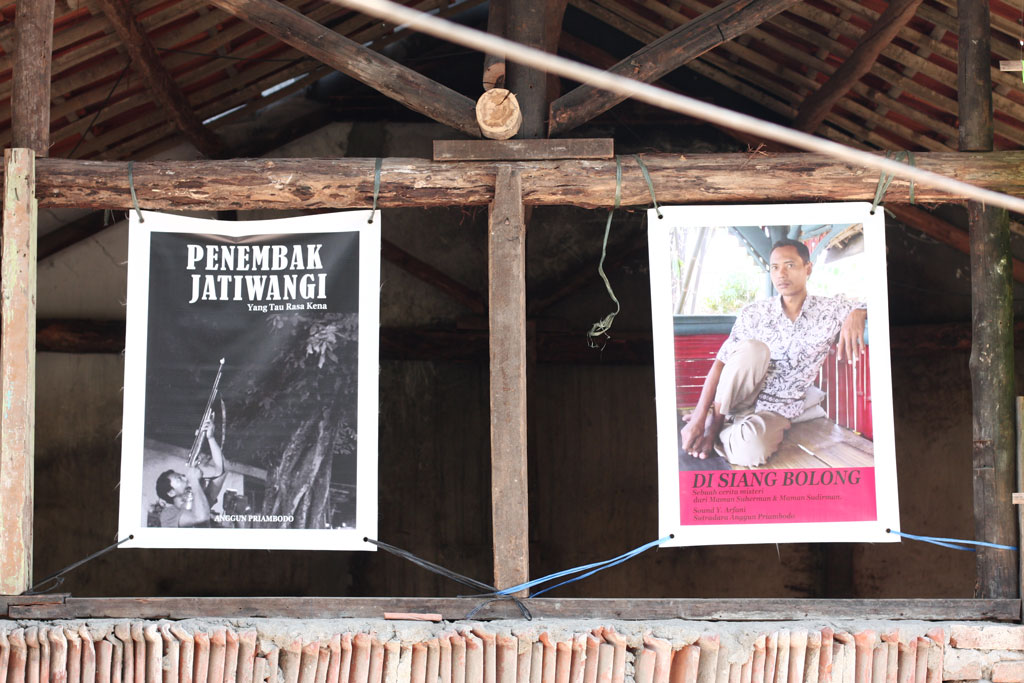
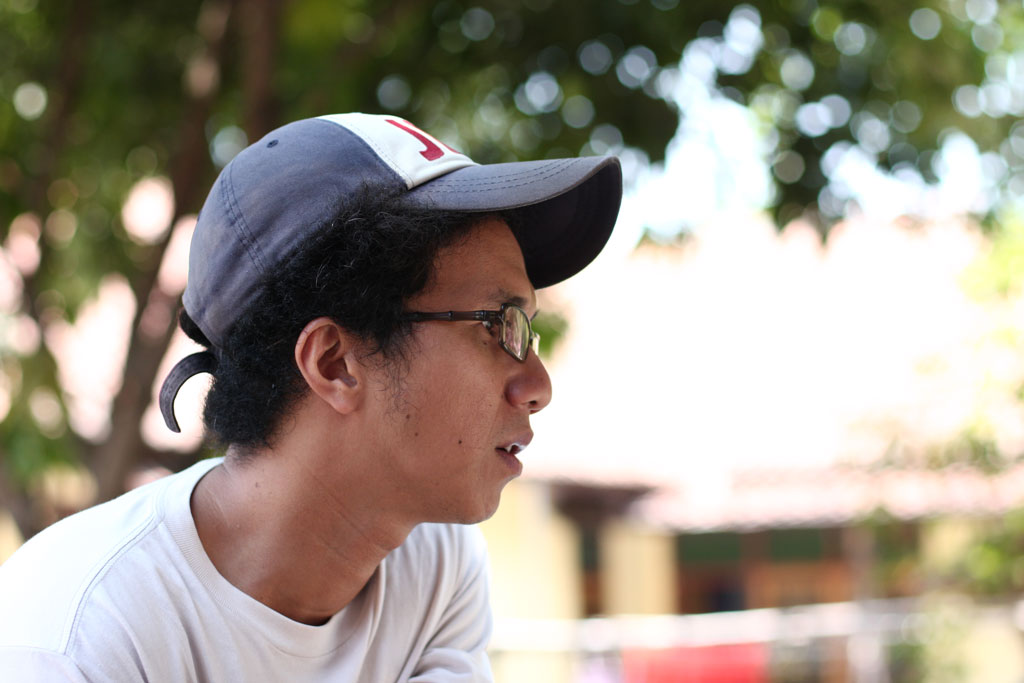
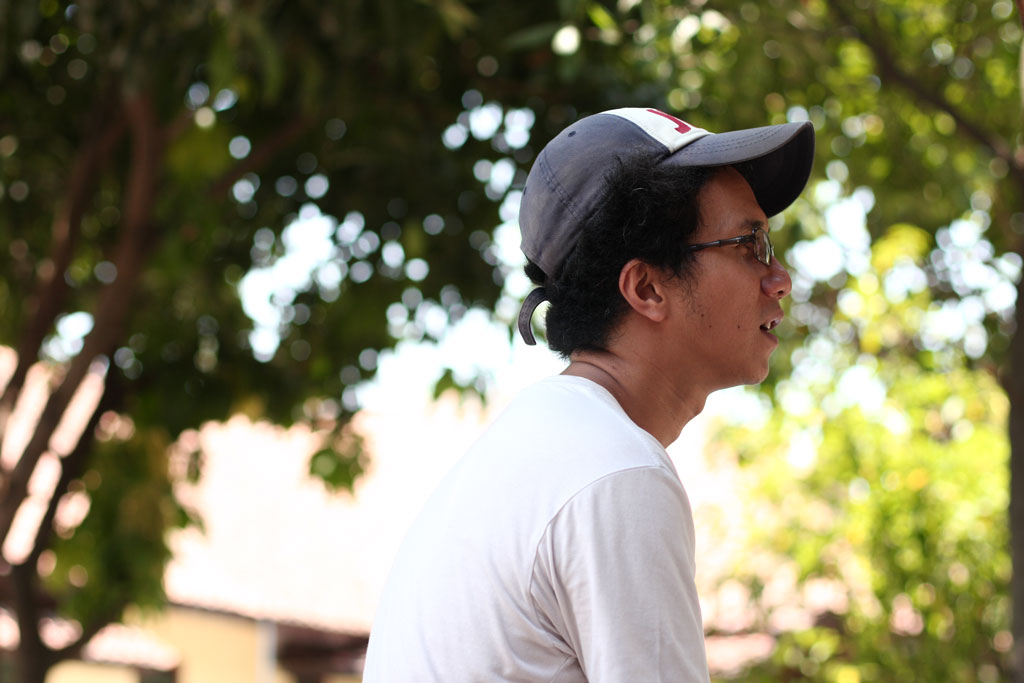
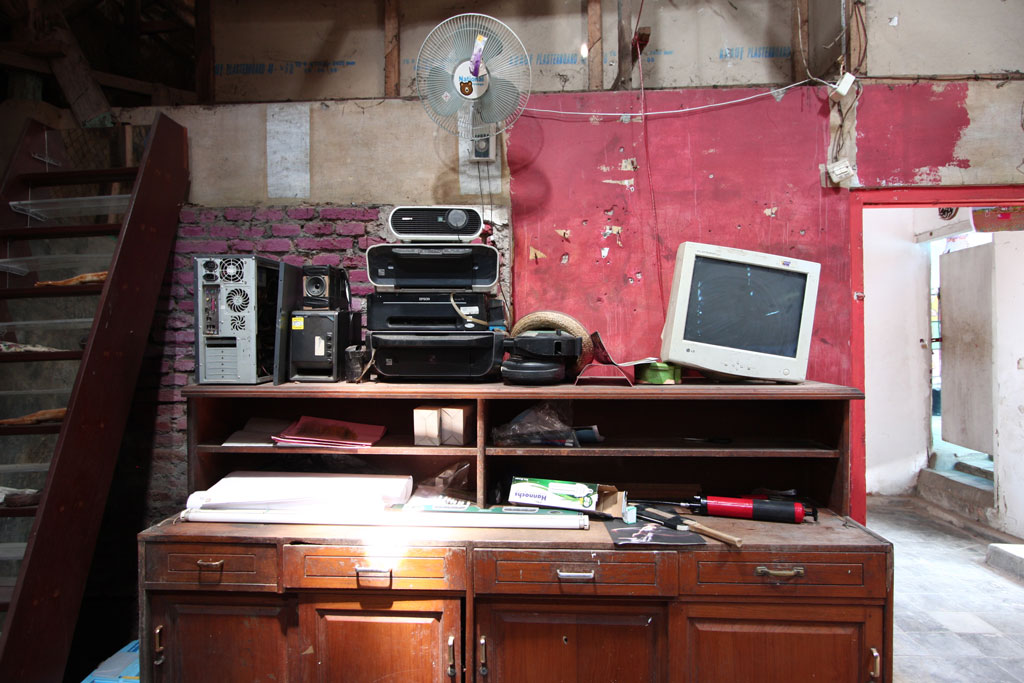
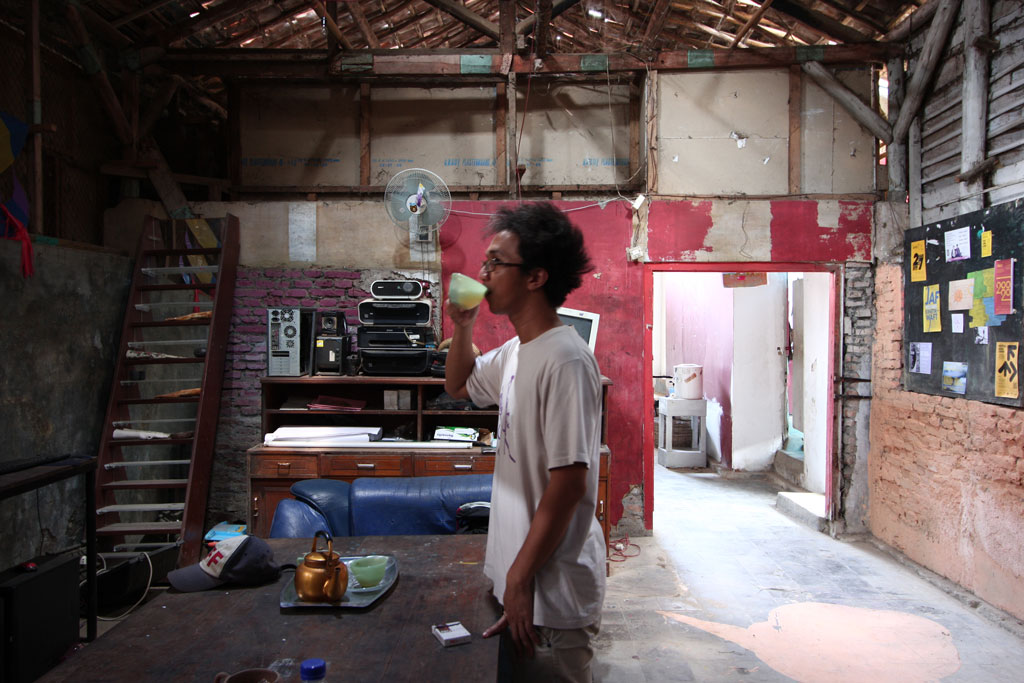
M
You graduated from Jakarta Art Institute with a degree in interior design, how did you become involved with video?
A
I used to be in a band called Band Impuh, and we decided to make a music video for ourselves.
M
What did you play in the band?
A
I was the vocalist. We disbanded around the year 2000 and went our separate ways. The only person that still played music afterwards was Bondan, who was part of Goodnight Electric.
M
Was making this music video the moment when you realised this was the medium you wanted to concentrate on?
A
Perhaps it was. I tried all sorts of mediums – graphic design, printing, and painting as well. I’m really not sure how I ended up doing video; perhaps it was because I continued making them. If I kept trying other mediums, maybe I would have ended up doing something different.
It could really be because of that first music video, though. I love music and anything that has to do with music. Perhaps because the first video I made had to do with music, I enjoyed the medium.
M
Speaking of which, having worked with a lot of bands such as White Shoes and the Couples Company, Lain, and Cmon Lennon, are music videos your favorite format to work with?
A
It is my favorite format, definitely. Especially because I have friends who make great music, which inspires ideas and makes me want to make more of them.
M
How do you approach music videos? Do you try to present the ‘essence’ of the music through the video or are the music and the video two separate art?
A
Both, but when I really enjoy the music I would want to present its attitude through the video. When I made videos for White Shoes or Brandals, I went to their concerts, watched them work on their album, listened to their albums – I witnessed the bands’ journey and wanted to make a video that I feel best represent them. It’s very different from someone I don’t know asking me to make a video for them.
M
How do you deal with making videos for clients? The stigma for making commercial work is that it is devoid of the artist’s character. Do you try to present your style into client-based videos?
A
You can actually put your signature on commercial work. You have two choices, one is forcing your artistic direction, or understand that clients have demands that need to be met. I would usually meet in the middle and compromise.
M
From music videos to films, would you say your interest in music influences your work?
A
It definitely influences the sound. Music is a reference for the sound design I would like my films to have. Outside of sound, because music videos are generally short in length, it is the perfect laboratory for experiments. Working on them is almost instantaneous, and as a director you are only responsible for the moving images. As the soul of the video is the music, I can communicate the visuals in almost any way I want, there is a lot of freedom in making them.
M
What is your creative process when making films? Is there a lot of improvisation involved?
A
There is a lot of improvisation involved when making films. I generally work with a small production team, usually with about 5 to 10 people, and with a small crew it forces you to use your intuition often and be creative with the resources you have.
I do have a rough script, but making the script come to life is when the work becomes creative. When I cast I would often ask my friends to act, sometimes I would even replace the characters with objects.
I find it difficult to be calculated with storytelling, things should happen naturally.
M
What influences you in terms of content?
A
Many of my ideas come from me being impulsive. For example, I would perhaps look at a papaya and that’s what I will give all my attention to. Then I would suddenly try to figure out how I can work with it – how can I approach the papaya in an interesting manner?
M
You described Jakarta in an interview with Plussixtwo as a chaotic city that allows you to be as chaotic – could you elaborate regarding this chaos?
A
Because you are confronted with the chaos every day, the city shapes your creative process. For example, I would never want to work with a permit. Having to face the bureaucracy to get a permit is, in my opinion, a waste of time. I suppose I approach my work like a Metromini Busdriver would – he doesn’t care to obey the rules as long as he gets to his destination. There are habits that we form growing up in this city – I’d compare me waiting to shoot at night because I have no permit to a person waiting for the night to avoid traffic.
M
Is there a style or message that you try to convey in your work or do you believe such things develops naturally?
A
I believe it is quite natural. I do like to experiment, most of the time on the technical side, but I usually wouldn’t try something too drastic. At times I think I get too comfortable.
M
During the 2000s there has been a resurgence of the arts in Jakarta, the independent music scene had new bands emerging, Ruang Rupa and other center of arts became very well known – how about the film scene?
A
Film was the medium that didn’t move in unison with the others. Film didn’t associate itself successfully with music, art, architecture etc. Film was a movement in itself, and one that failed.
M
Now there are Indonesian names that are known internationally such as Edwin & Garin Nugroho. With all of this attention, would you say it is because the condition of Indonesia’s film industry has gotten better?
A
I don’t think it has gotten better. When you look at what is being produced; films repeat the same content over and over – they’re only made to meet demands.
M
Where is it headed — particularly in independent filmmaking?
A
I’m not sure… not yet, I suppose. I try to look at it as a person that is not involved in making films, and I don’t see anything significant enough to call a movement.
M
What about films such as Mouly Surya’s “What They Don’t Talk About…”
A
Yes, there are one or two films that get more attention, but I don’t think that qualifies as a movement. The scene still consists of the same people. There are a couple of new filmmakers, but there hasn’t been a significant change. We are not a country like Iran, where generations of filmmakers influence each other.
M
Regarding the industry in Indonesia, as a filmmaker, how do you promote your films in Indonesia?
A
As you do not have a great capital to work with, you don’t have a choice but to do it yourself.
M
What are the obstacles that you face?
A
I also wonder what obstacles I will be facing (laughs). I, to be honest, do not really want to compare myself to filmmakers who perhaps have better access to resources than me because I’m not in that situation. I’m lucky I get to work with my friends – Dede, Bin. I basically work as hard as I can in the environment that I am in.
M
Regarding your upcoming film, Rocket Rain, could you tell us a little bit about this film? What was the idea behind the film?
A
For the title, when coming up with the name I did not intend it to have anything to do with the actual storyline, which is about family. The other names we came up with were pretty similar. While writing, there will be rockets and there will rain, which sounded good together. It was originally going to be called Rain and The Giant Red Rocket, while working on the film we decided to scrap it. I don’t want the title to have to represent the story.
M
Regarding the story about family, what inspired it?
A
When I decided to make a film what was the idea was that it will be an experimental film that spoke about the medium of film – I didn’t think that it would become a film about family. I suppose because family is a subject that I think about every day so the story came out naturally. I often think about the problems I have in my family. What you see in Rocket Rain are the things I experience every day.
Actually, Zeke [Khaseli] was the first person that gave me this idea of making the story about family. He’s a friend who knows me very well, and one day he joked about wanting to write a movie based on my stories. I thought it was a good idea, so I started writing the script myself.
The film itself is really about family, but I also address fine arts and video.
M
How did you get to work with Babibuta Films?
A
It started by meeting Dede [Meiske Taurisia] who is Edwin’s producer at Babibuta film. She has just returned from Holland studying fashion, and we met and hung out at a film set where she worked as a stylist. While thinking about making a film I wondered who would be able to produce my film. Dede was the only person that I thought could do it considering on her producing experience in Babibuta and understanding the type of film I wanted to make. I don’t have the same kind of understanding with other producers I have met.
M
Having worked on music videos and short films, how was it adjusting to this longer format? Does it offer you more creative freedom?
A
In terms of creative freedom they are quite similar, actually. The biggest difference was that because a full-length film is longer in duration, it’s a longer duration of production as well.
I think making a full-length film had a lot to do with the subject I chose to talk about. I really enjoy the process of creating short films, so I could have given up making Rocket Rain, which took months and months of work. I was invested in the subject of family, though, and it was sort of the motor that kept me going.
M
What would you like your audience to get out of Rocket Rain?
A
If someone who watched it enjoyed it because they can relate to it – and that is actually what happened. During some of our limited screenings, people who have experienced marriage or a relationship with that level intimacy seem to respond and understand the film better than others.
M
Most of the film takes place in Bali, is there a reason why you chose it specifically?
A
It isn’t so much about Bali as it is about the experience. I wanted to share the experience of making this film, and by going to a place that is foreign we can do so. We were like a big family travelling and working together. When you are at home you are easily distracted – you can focus when you’re taken out of your comfort zone.
Also, part of the script had the characters go out of town, hence it was the right choice.
M
The soundtrack to Rocket Rain doesn’t just feature the music from the film, but also interpretations from musicians that watched the film. Why did you decide to involve so much music in the film?
A
One of the best parts of the film is the soundtrack, and one of my favorites was Janji Joni’s. I had just graduated college and here was this film with a great soundtrack.
The people I work with on Rocket Rain also love music. I hang out with Bin [Harlan Boer] almost everyday, who is a musician. It was inevitable that when I made a film, one of the products that I had to make was a soundtrack. It had to be an integral part of the film’s experience.
Funny thing is, when we were done with the first rough cut we gave it to Zeke and Yudi for them to do the scoring, and their response to the film was that it shouldn’t have too much music in it – the scoring should be minimal. When they told me I was like “uh oh, why is the music so minimal” (laugh). I wanted to involve music in the film, so a solution we came up with was to do the interpretation. We had musicians watch the final version of the film and they interpreted the film through their music, creating a totally new work of art.
M
So what is going on with the film right now?
A
We will first produce the soundtrack to the film, which we hope to release by the beginning of November. We are organizing a screening, our own personal one because we aren’t taking the major cinema route. It will hopefully happen early next year.








